On September 11, 1851, in Christiana, Pennsylvania — just twenty miles north of the Mason-Dixon line — a community of armed Black men and women successfully defended four Black people from capture by slaveholder Edward Gorsuch, who had come from Maryland with a warrant under the Fugitive Slave Act.
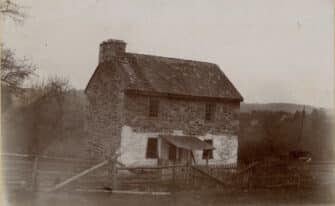
Home of William Parker, where the Christiana Riot occurred. Source: Historical Society of Pennsylvania
The armed resistance of the Black community of Christiana prevented the four formerly enslaved people from being captured, and they escaped to Canada immediately following the fight. But injuries were sustained on both sides, and Gorsuch later died of his wounds.
Officials quickly arrested and charged anyone with possible connections to the riot and defense of those charged became popular amongst those in the abolitionist movement. The accused were successfully defended by abolitionist congressman Thaddeus Stevens.
According to BlackPast,
The acquittal of all of the defendants was hailed by Northern abolitionists as a major victory against slavery and especially against the Fugitive Slave Act. Southerners, however, felt that their property could not be secured even in the North. Thus the riot became the first of a series of episodes including “Bleeding Kansas” in the late 1850s and John Brown’s Raid at Harper’s Ferry in 1859 that propelled the nation toward the Civil War.
Read more about the trial in James Kopaczewski’s essay “Christiana Riot Trial.”

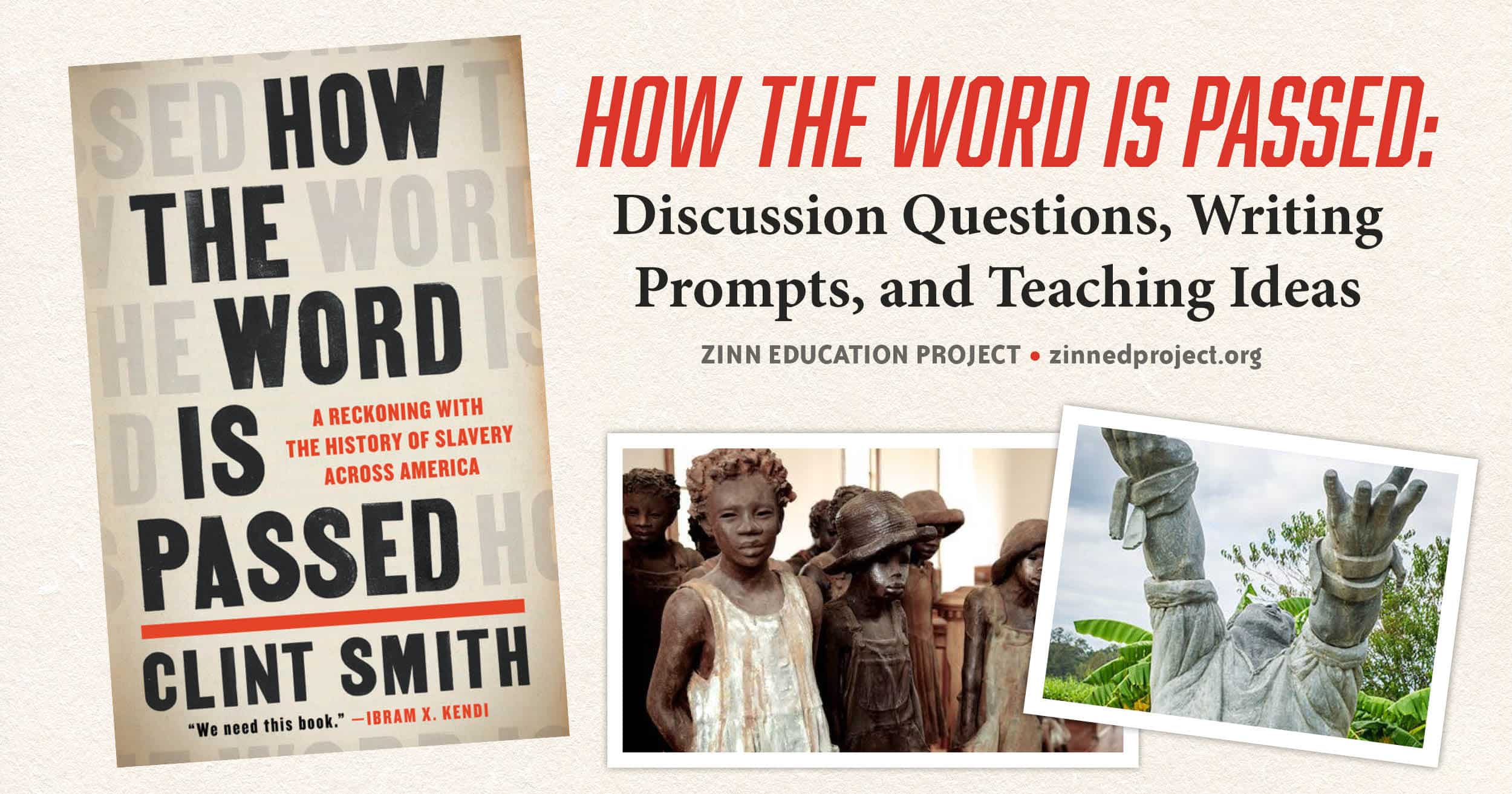
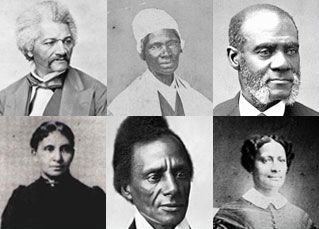

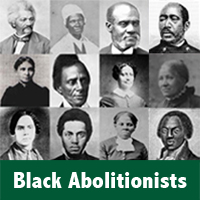
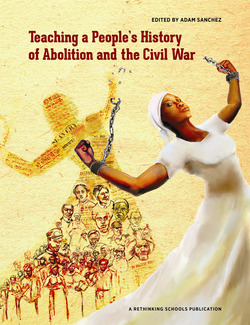
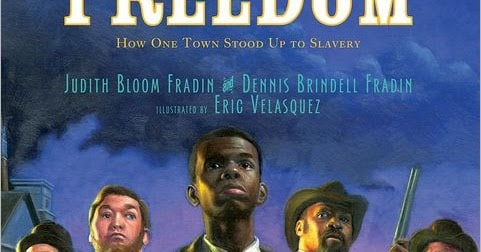
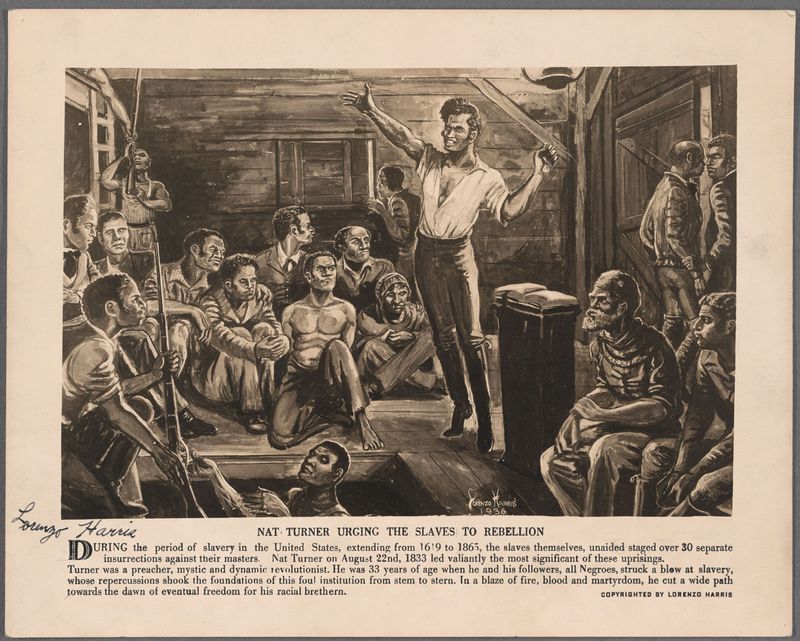
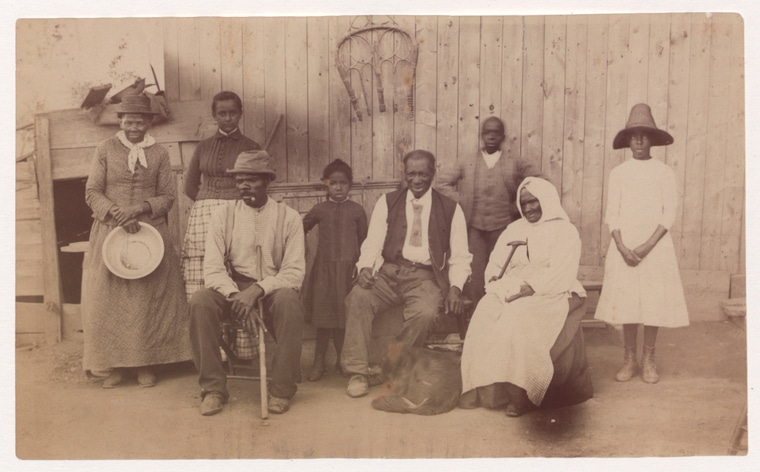
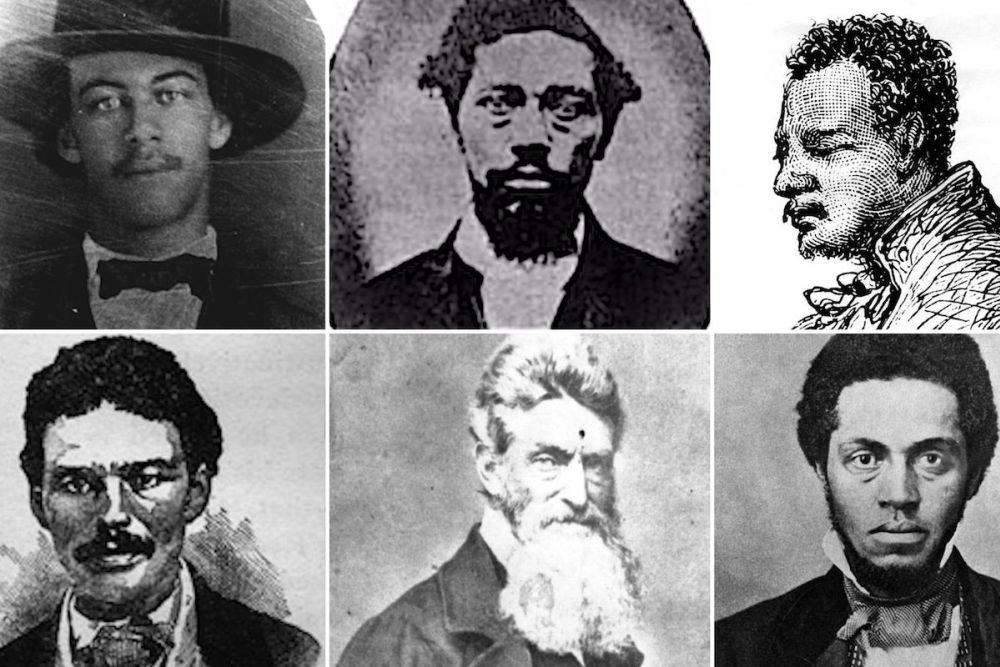





Twitter
Google plus
LinkedIn